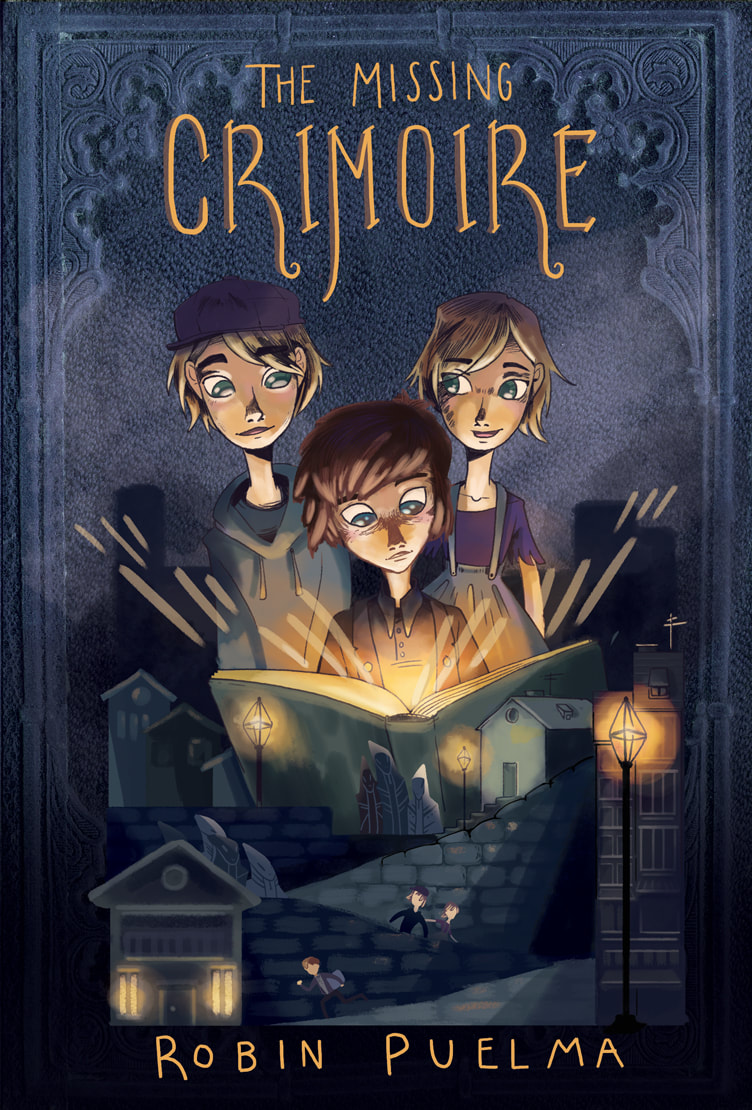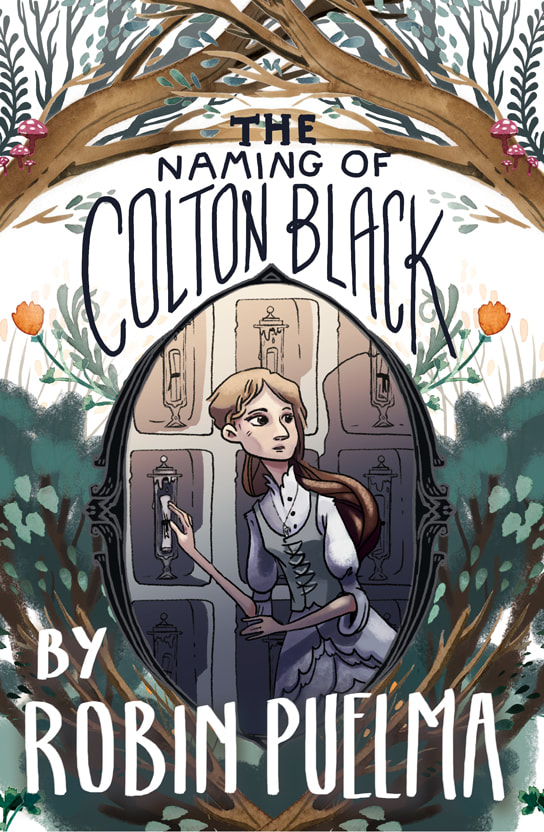|
As I was sitting here, thinking up topics to write about, the idea of desert island came to mind. And not your average choice of book or movie, but a writer’s version. Such as if I could be stranded with five fictional characters, who would they be and why. Care to join me on my adventure?
First character to come to mind is Katniss Everdeen. Having a badass chic who can hunt on my desert island seems as logical as they come. I am a girly girl. I don’t like camping. I can barely handle a hike for longer than an hour. I do best, let’s say, in the city; walking, shopping, sipping coffee, reading, writing. I know nothing about survival. Which means, I’ll need an immediate lesson on all things do-it-yourself. Hunting? Check. Cleaning meat? Check. Finding water? Check. With Katniss’ help, I’ll become a Hunger Games survivor in no time. Second character? Gandalf. Yes. Of all the wizards out there, I'm choosing Gandalf. Mostly because he holds a special place in my heart. Lord of the Rings, after all, is my favorite story of all time. And having a strong, powerful, yet gentle guide on my island seems smart. Plus, he speaks wisdom as easily as breathing. Let’s not forget: “So do all who live to see such times. But that is not for them to decide. All we have to decide is what to do with the time that is given to us. There are other forces at work in this world Frodo, besides the will of evil. Bilbo was meant to find the Ring. In which case, you were also meant to have it. And that is an encouraging thought.” I must say, this might be a bit of a bore, but my third character is one of the most loyal characters (IMHO) in all of fiction. Samwise Gamgee. I know, I know. Two characters from one story? Please. But come on. It’s Samwise! He stuck by Frodo through the worst of it, even when his best friend turned on him. Loyal; trustworthy; desert island must-have. Humor is a must in any situation, am I right? Which means, my fourth character has to be Barney Stinson. Yes, he’s crude. Yes, I cringe at a handful of the things he says but laugh at the other 90% of what comes out of his mouth. He. Is. Hilarious. “Ted, we can't go to prison! People get shivved in the joint! Plus the meals are really starchy.” Case in point. And lastly? Toothless. It’s an odd one, I give you that. But a dog-like dragon? Who can protect me? Love me? And be my best bud? Heck. Yes. How about you? Who would your five fictional characters be? Leave ‘em in the comments section below! Photo credit: Heidi Ryder Photography
1 Comment
Ever interested in the writing process of authors? Or in the rejection letters they receive? How they develop their characters? Who inspires them? Well, I'm here to explain it all. I was looking through my file folders (man, that sounds like an ancient phrase) and found questions I had answered for an interview that never got published.
Reading about other's successes is always inspiring--but reading about other's failures? Often times can inspire me the most. It helps me persevere; helps me know I'm not alone; helps me realize failure is apart of success. So, if this can inspire anyone, anyone at all, I'm happy to share. Hope you enjoy! Were you ever turned down by publishers? If so, how did that affect you? YES — For a year, I queried The Missing Crimoire to agents and publishing houses and received several rejections. All very nice—but all said no. I then queried The Naming of Colton Black to over 40 literary agents. Once again, I received rejection after rejection — this time, however, agents were more encouraging in their responses—“This is such a subjective field”; “Keep querying”; etc. One agent asked to see my entire manuscript, she liked it so much. But in the end, decided to pass. Each no is ALWAYS hard to hear. Your work is such a personal representation of you, so any kind of rejection of your work feels like a rejection of you. But, I knew this was part of the journey. I knew that every writer has heard a no. And that all it takes is one yes. I think rejections also help you develop tough skin, which is most definitely needed in this industry. While I decided to go the self-publishing route, I am still interested in and curious about traditional publishing. Which authors inspired, and influenced, you the most? Like many, J.K.Rowling has been a huge influence on my writing — how she created such a fantastical story with such depth and detail blows my mind. Not to mention her adoring characters. When I create new worlds, I’m always thinking about Rowling’s depth. Orson Scott Card, hands down, has forever changed how I view and write internal character monologues / emotions etc. One of my favorite characters in literature is Ender; I never thought I’d feel such emotion for a young genius boy who fights battles in space. But. The way Scott reveals Ender’s character, desires, wants, I can’t help but fall in love with him. And lastly, F. Scott Fitzgerald. I admire his poetic prose so much and aim to write not only interesting stories but to write them in a beautiful, melodic way. I am always trying to find the right cadence to my sentences; the right flow; the right sound—even if it’s a kid’s book. How would your writing be different, if you hadn’t read their works? Interesting question! I want to say my writing wouldn’t differ too much, but that’s probably a lie. These three authors helped me find my style; my voice. It was reading their works that lead me to know how exactly I wanted to write stories. Without them? I think that process would have taken much longer. I might not have discovered my style as quickly—or at all, for that matter. How old were you when you started writing? I was *old* in the “I want to be a writer” world—I was 18. I always loved drawing and spent my childhood creating characters through art. Not until I was a senior in high school did I start to enjoy writing. Then, when I began college (as an undeclared freshman), I received such praise for my writing from peers and professors. The amazing support gave me the confidence I needed to start my journey as a writer. Do you have a favorite time of day to write? I used to think night time, since I’m a night owl. But honestly? Any time of day works. Afternoons are a little tricky, since I’m usually most sluggish then. For me, it’s more about the ambiance. The space. Set me up in a coffee house in a big city with a mug of coffee, and I could write for days. When you have an idea for a story, what is your first step in writing it? When an idea hits me, I grab the nearest writing instrument and write everything down that’s flowing through my mind. I want to get as much of the original thoughts on paper/screen as possible. No time for editing. No time for anything but putting words down. Was there ever a time when you felt like quitting writing at all? If so, what motivated you to keep going? Yes! But I think knowing that who I am is a writer and if I quit, what then? I look at those times now — those “I can’t do this” times — and seem them as I need a break from whatever project I’m working on. Then, once that passes (and it always does), I feel recharged and motivated again. I don’t think I could ever stop writing. It’s as necessary as breathing. What do you do to combat writers block? Write through it! Often times I set either a page limit, a word limit, or a time limit on my writing days. And no matter what, no matter how I’m feeling; no matter if I’m inspired or not; not matter if the words come or they don’t, I force myself to reach that goal for the day. True, this doesn’t always happen. But there have been plenty of times I sat down to a 4-hour writing session and the writing didn’t happen until hour three. But had I let “writer’s block” determine my day, I would have missed out on some amazing prose! Is there a certain person you turn to when you lack inspiration, or just want to brainstorm? My husband. He has been the most fun and helpful person to brainstorm with! He’s not a writer, but he is a jazz musician so a lot of our processes and vocabularies cross over. He has such a great imagination and can see a story from a new perspective. His ideas are fresh; his words encouraging; and he’s easy on the eyes, which doesn’t hurt! Can you remember any specific milestones in your life as a writer? Every time I finish a first draft, I cry. There’s something so exhausting, so rewarding, so overwhelming when that moment comes. Along with those moments, I’d have to say the first time I saw my published book in my favorite bookstore. This blew my mind. I worked at that bookstore; met my husband there; and now have my books on its shelves. What?? To wrap it up, can you tell us your advice for your fellow writers, new or otherwise? One of the greatest pieces of advice I received from an amazing professor of mine (who oversaw the Creative Writing department at Pepperdine University) was if you want to be a writer, write. I had contemplated on getting my MFA; he asked me what I wanted to do with my writing. “Write books,” was my answer. His reply? Then, just write. I knew that it would take practice; that I wouldn’t get it right away; that I wouldn’t even know what I was doing. But if I kept at it, kept writing, I would get there. I would write books. My other piece of advice is to always show up. No matter how little time you have, show up. If you schedule writing time, make sure you’re there. And stay there until your time is over. Like I said before, often times my best writing comes just minutes before my writing hour is up. Had I left? I never would have discovered some of the best plots/characters/dialogue that I’ve written. |
{My books}Categories
All
Archives
February 2020
|




